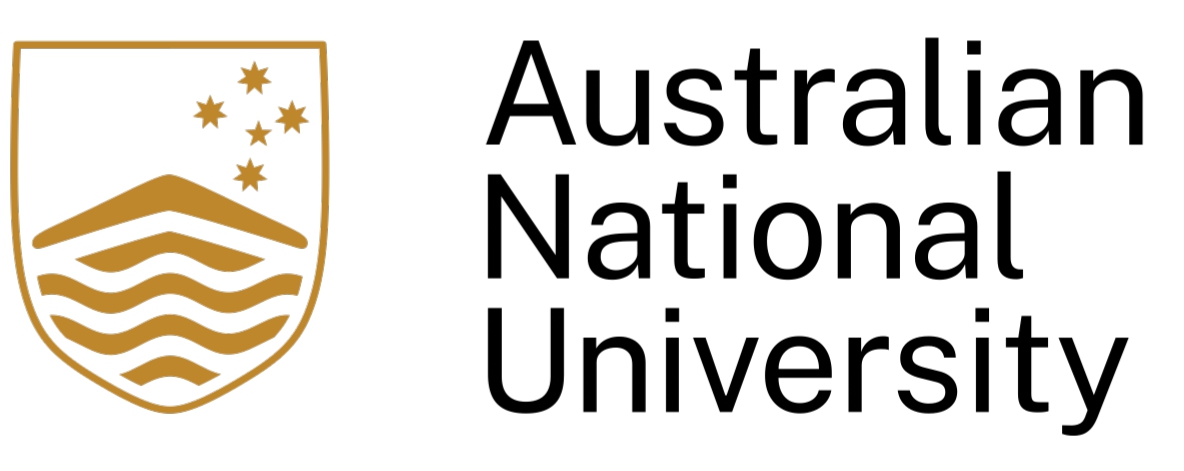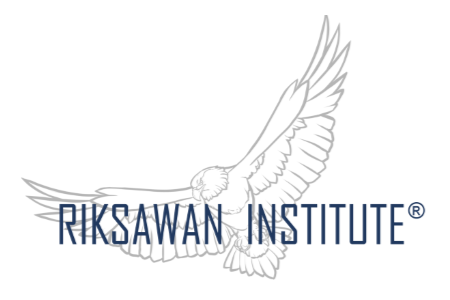A Call for Amendments of ICCPR to Uphold Freedom of Expression Online: A Case Study of Iran
Abstract
In the digital era, internet censorship poses a significant threat to freedom of expression, particularly evident in Iran where government-imposed filtering firmly restricts online discourse. Despite scholarly attention to censorship's mechanisms, gaps in international conventions like the International Covenant on Civil and Political Rights (ICCPR) remain understudied. This research examines internet censorship in Iran to identify ICCPR deficiencies enabling online expression restrictions. Employing qualitative methods, it scrutinizes data from diverse sources, including library, electronic, interviews, and reports. The paper traces Iran's history of censorship, delineates its impact on expression, and critiques the limitations of the ICCPR. The findings advocate for revisions to the ICCPR, advocating for transparent aims, publication of restrictions, designated oversight bodies, and recognition of the right to remedy. Incorporating insights from Iran, this study urges policymakers to fortify international legal frameworks, fostering a democratic digital space globally while respecting legitimate concerns.



.jpg)
.jpg)
.jpg)
.jpg)


.jpg) .
.

.jpg)

.jpg)

.jpg)




